SHOOTING over Lake Glenbawn on their high-powered "bass boat", two Upper Hunter anglers say speed and self-confidence are key to fishing tournaments like the one they are gearing up for this month.
Graham Ford and Al McNamara have both been fishing in competitions for more than 15 years. Following a slow few years through the pandemic, the pair. who first teamed up for the first time in 2007, will be hitting the water as a team in the Lowrance Native Classic bass fishing tournament on the lake from October 15.
"The first time we fished together we were having such a good time we forgot to go back in time to weigh in," Mr McNamara said. "Weigh-in was at 11am and at around that time I noticed the lake got suspiciously quiet. We got back 15 minutes late and were disqualified."
In the competition, Mr Ford didn't have a boat so was competing as a co-angler, or "non-boater". He had been paired with three local "boaters" across the competition's three sessions, Mr McNamara was the first.
"I had the dream draw and I was catching them easy. But my captain never took me back in time," Mr Ford, who works at Lake Glenbawn, said.
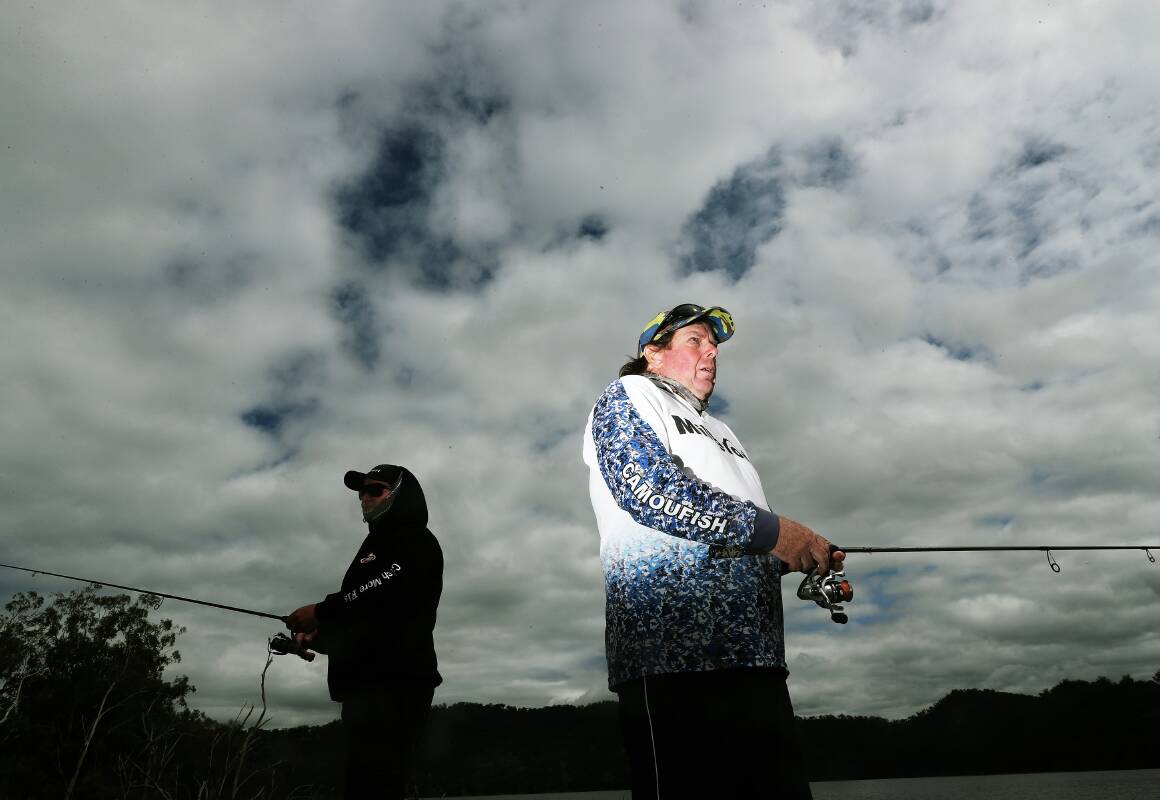
Since then, the pair have remained close mates and both anglers have had national and international success in the bass fishing arena.
He said a main platform for bass fishing is the Australian Bass Tournament (ABT).
"ABT is like a series. So there are two rounds in Victoria, two in NSW and two in Queensland," he said. "You do six rounds and it's your best four gets you into the grand final."
Mr Ford said 2019 was his "good year".
"I got angler of the year in Australia and was ranked number one in the country. I won the Australian Bass Open and I came second in the ABT grand final by 40 grams for a $15,000 prize," he said. "I almost won $25,000 that week. We came here to the open and I was coming 13th after the first day and got five big ones on the second day to win $10,000."
Another significant global bass fishing platform is American-based BASS Nation. Australia was made a chapter in 2014 but, Mr McNamara said, tournaments are no longer held here.
"It was a chapter of BASS in the states," Mr McNamara said. "Every state over there has their own BASS Nation chapter and there are about 10 international chapters."
In 2018, he won the Australian grand final for BASS Nation and went on to compete in the world championship held in America, where he finished 16th of 63.
Mr McNamara said America is the world leader in bass fishing and that while Australia is adopting American techniques, it has a long way to go to catch up.
"BASS over there give you a brand new boat and brand new Tundra to do the elites. They pay for two at least $6000 entry fees to kick-start you into it. In some comps you are fishing for up to $300,000," he said.
"You can make a career out of it over there and live comfortably. But you can't do that here.
"Out-of-industry sponsorship over there is huge. Where as here the only sponsorship is from within the fishing industry and they only having limited funds in comparison."


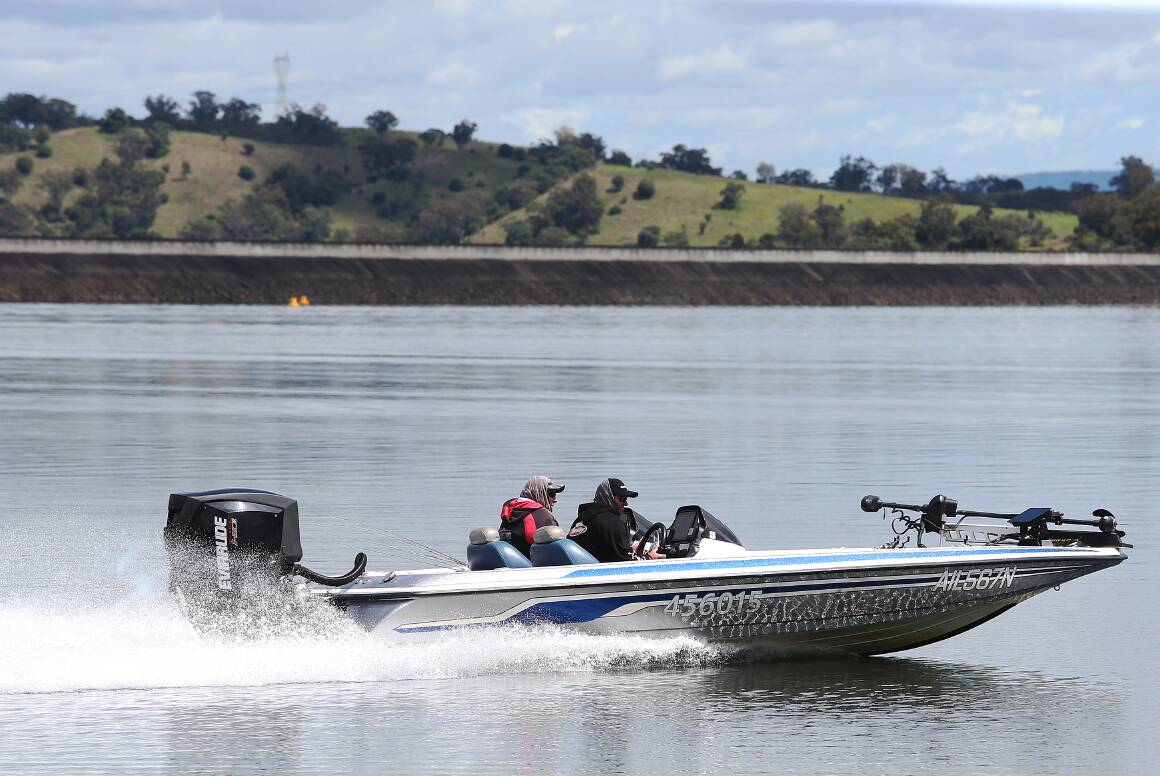
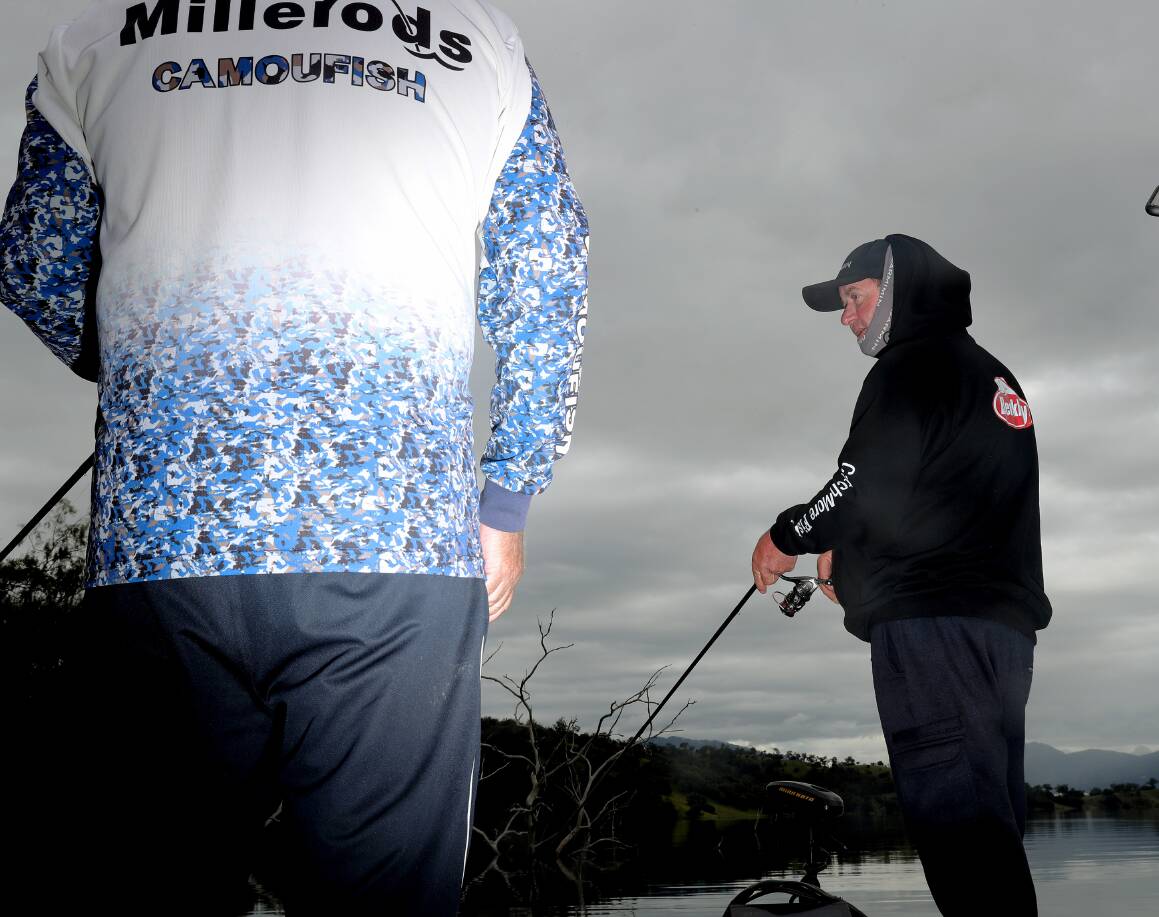

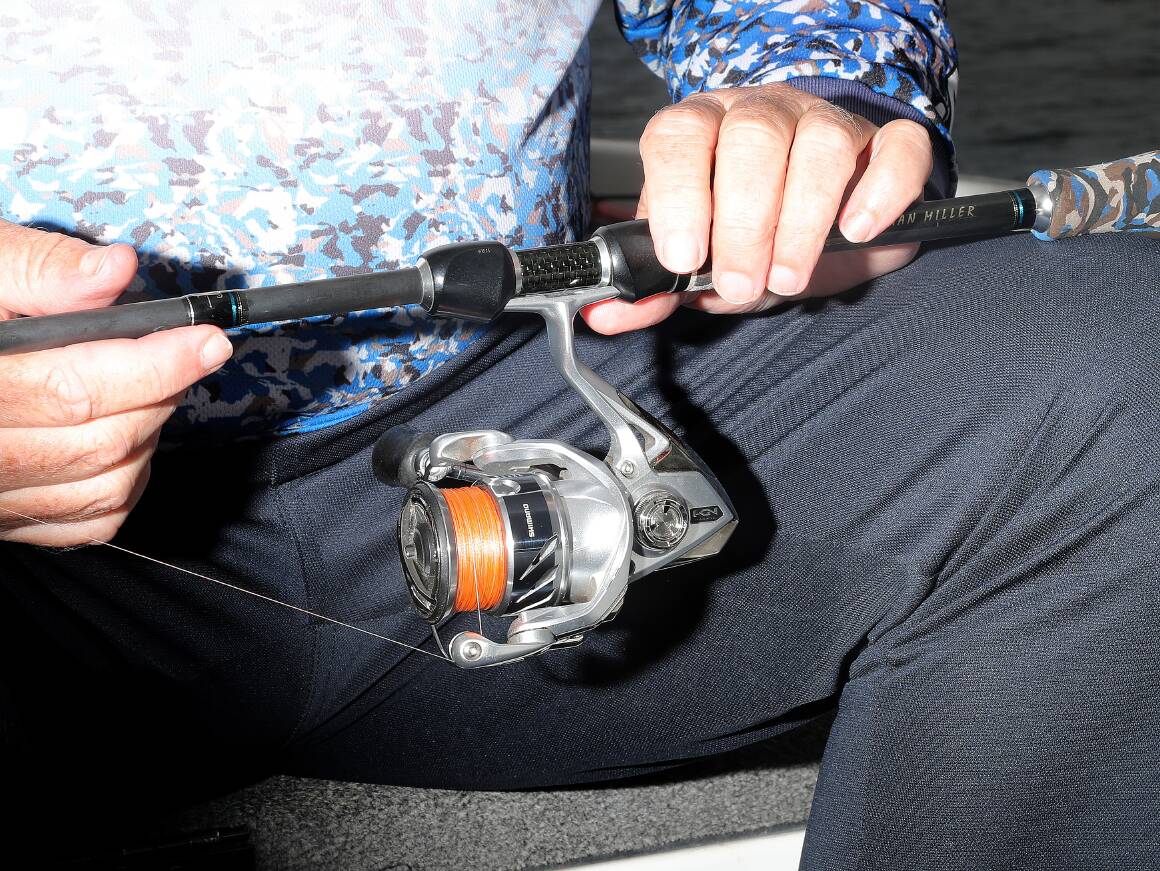
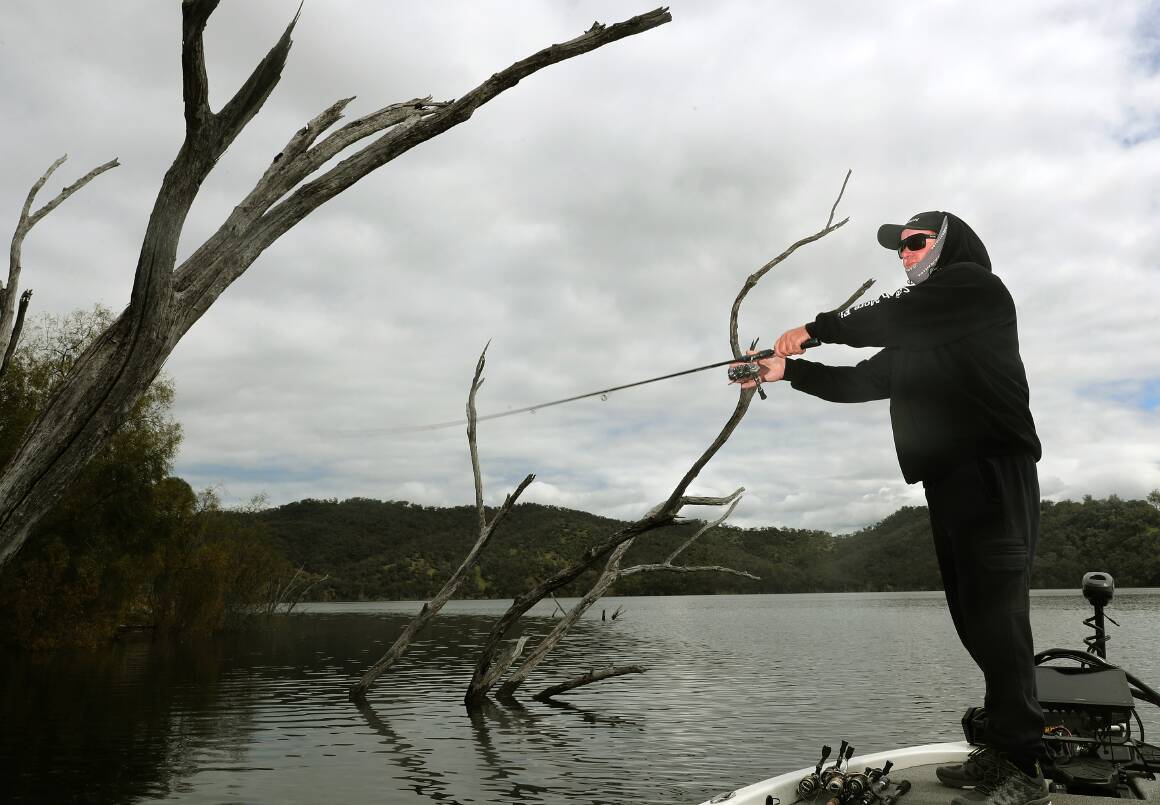




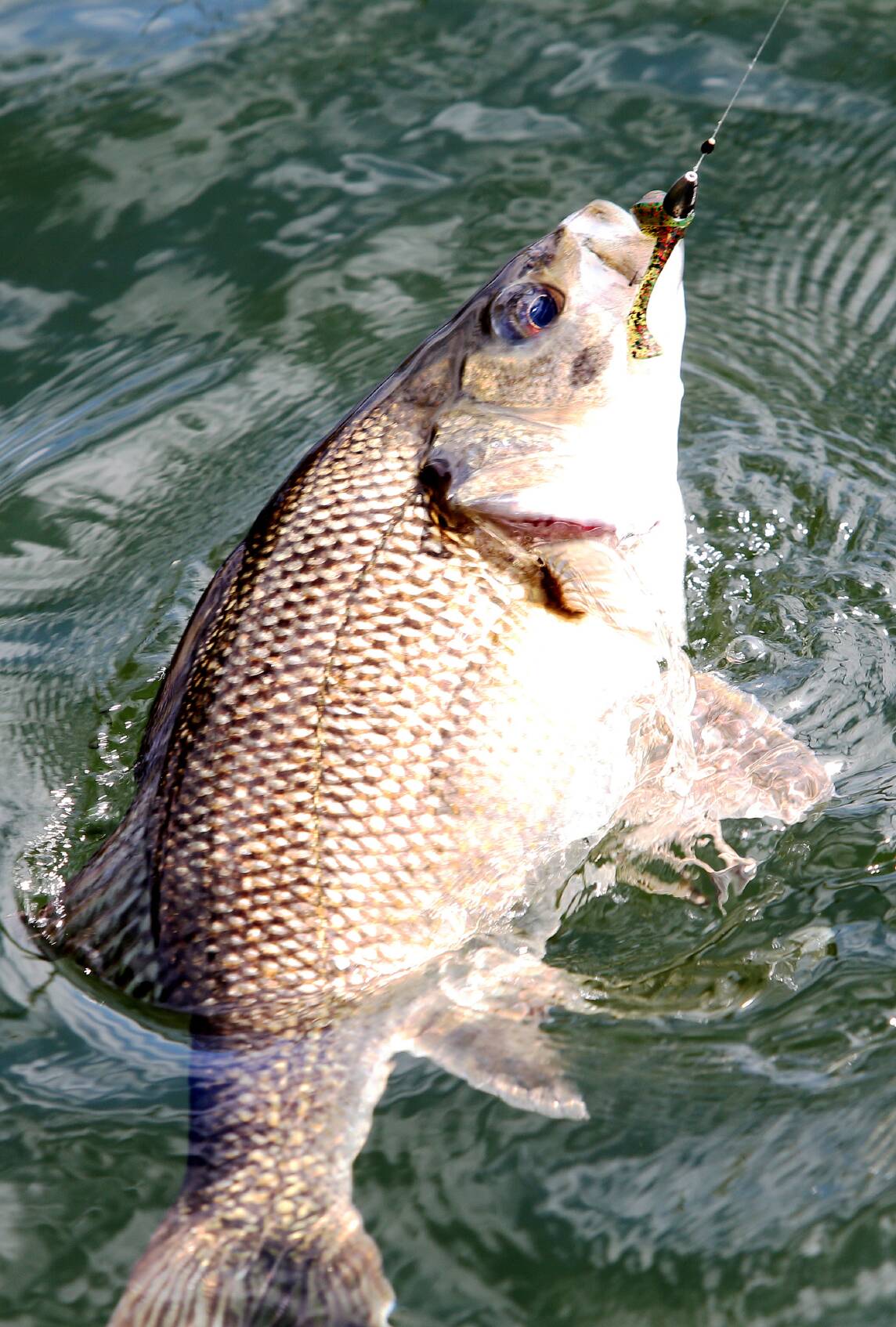


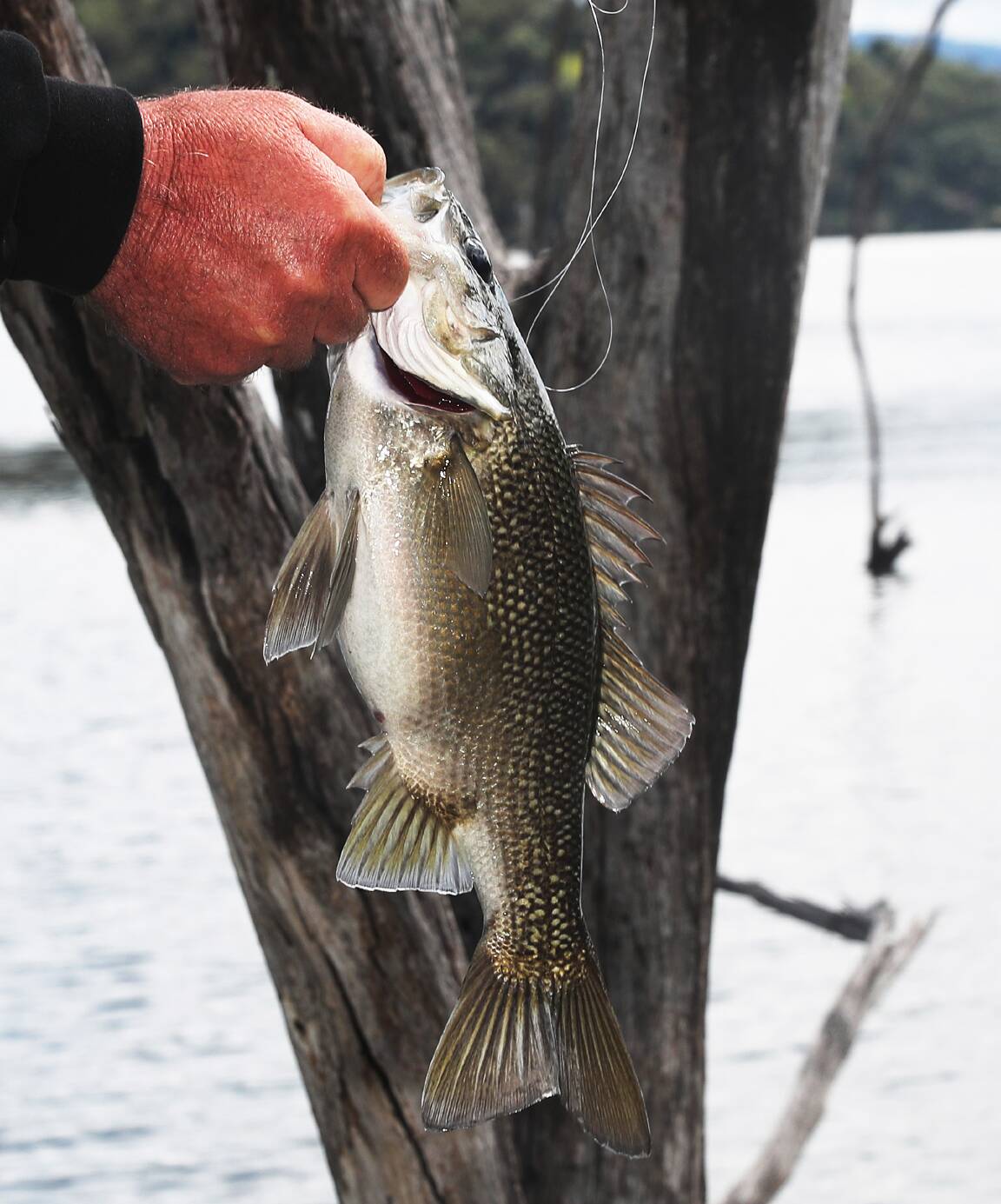
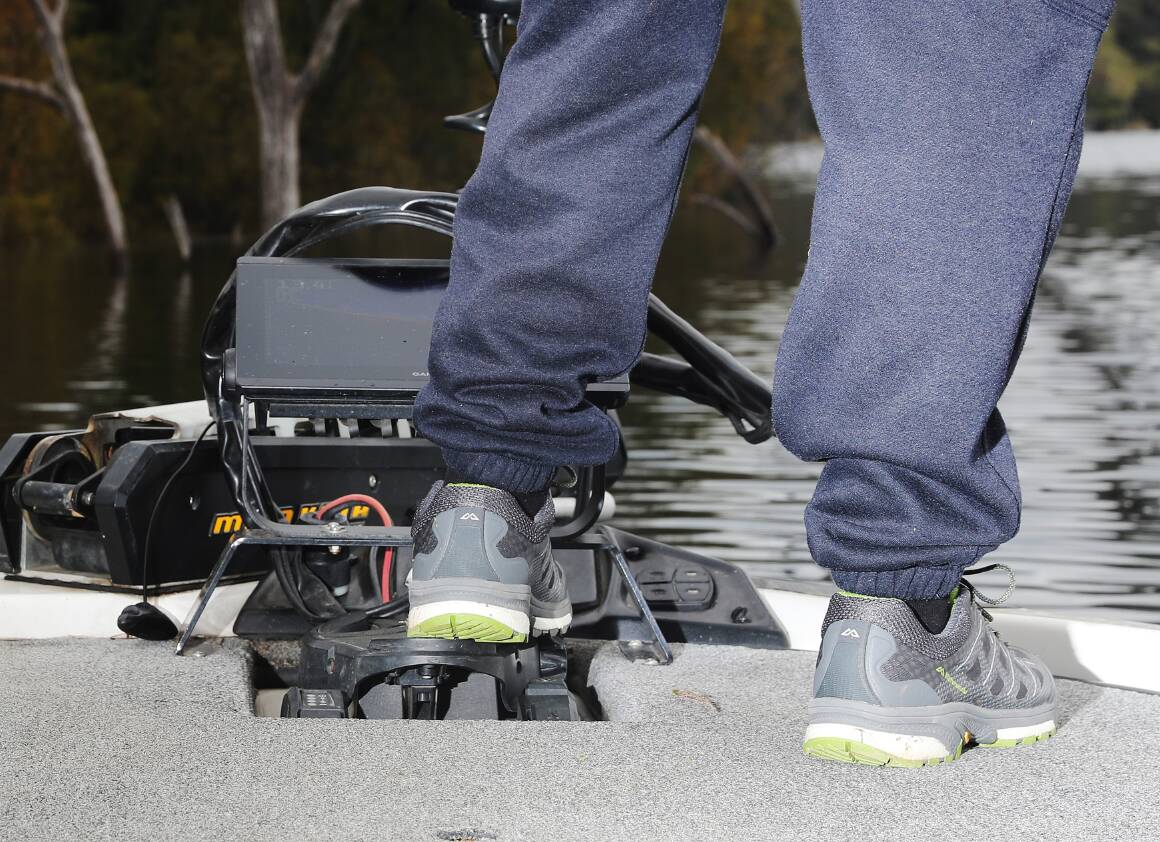
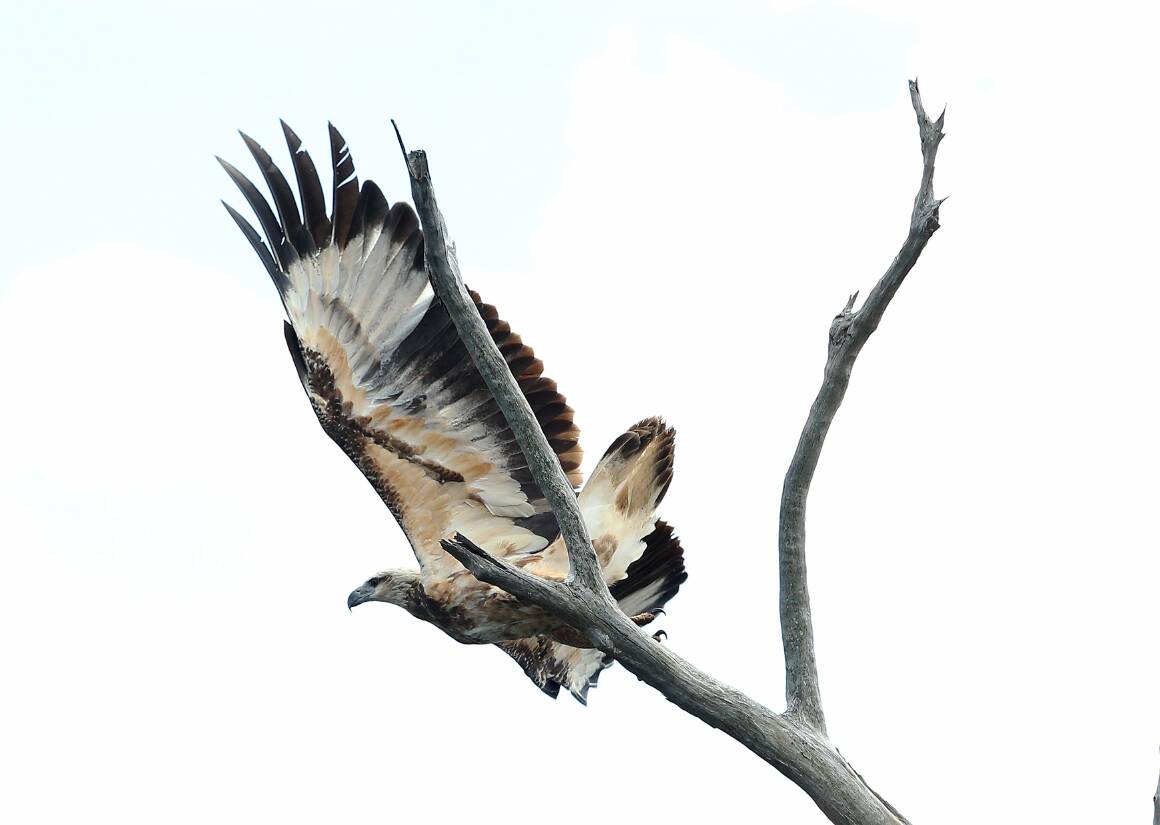
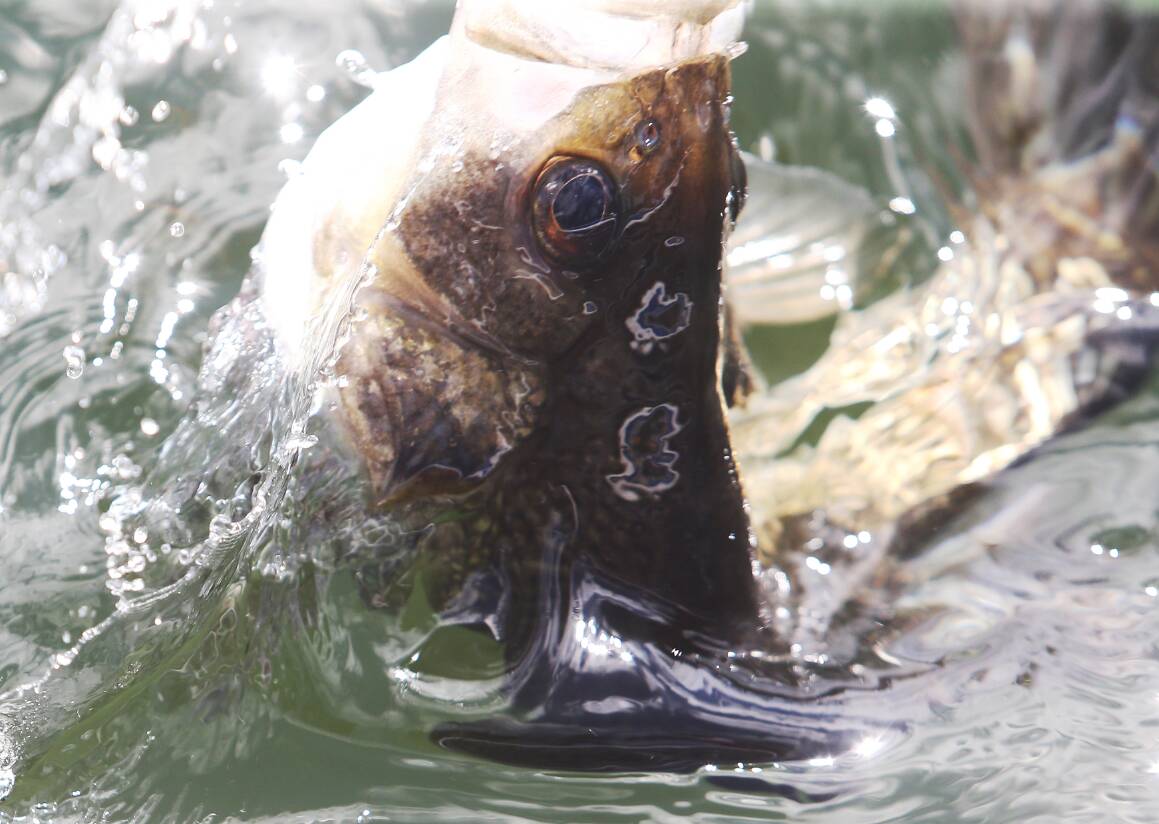
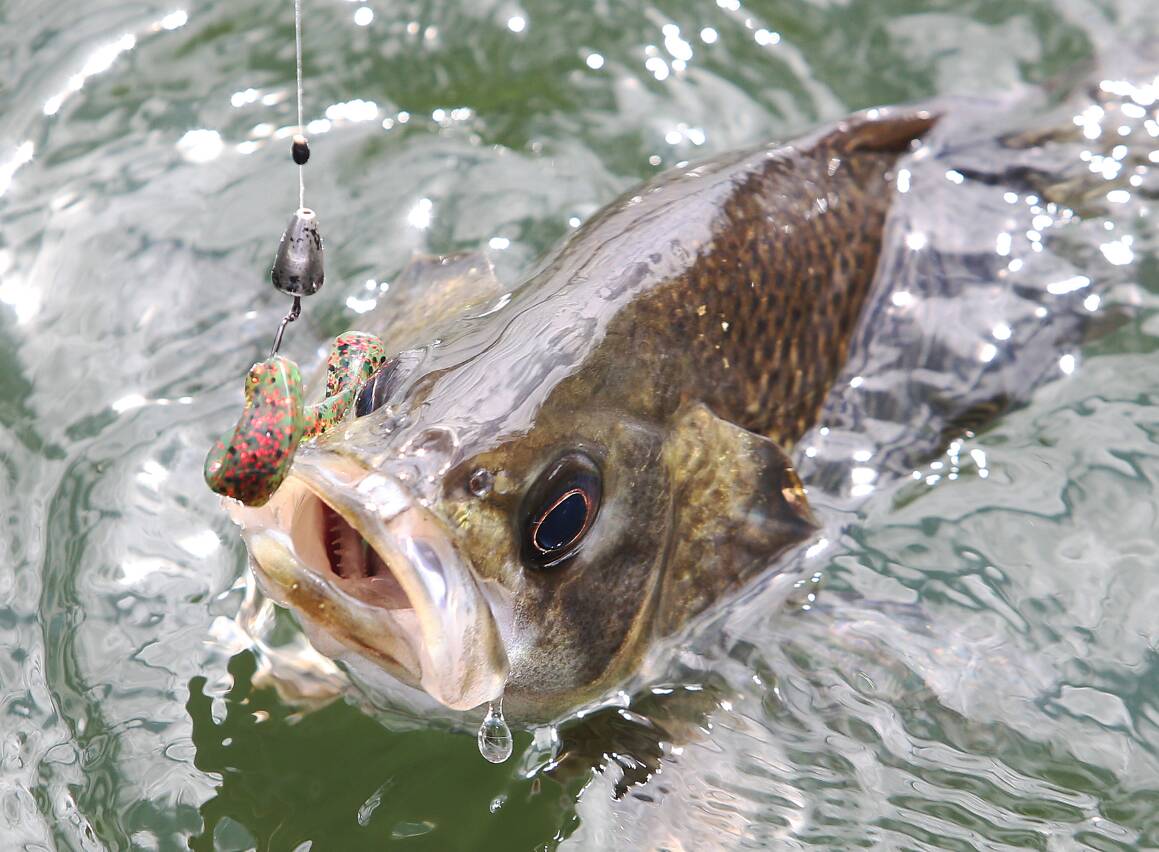
The competition coming up at Glenbawn will see about 30 teams, of maximum three anglers, fish across two days for a first place prize of $10,000.
Fishing time on the Saturday is from 7am to 5pm and split into two sessions. Weigh-ins for the first session will run from 11am to 12.30pm, with session two starting after weigh-in and running until 5pm. The single sessions Sunday runs from 7am to 1pm.
Teams will weigh their biggest four catches from each session and the competition is won by whichever team has the highest combined weight for their 12 fish. It is a catch and release event, which means all bass must swim away after weigh-in to be counted.
Mr McNamara said the pair will be aiming for a total "bag" of at least 12 kilograms. He said the average fish they aim to weigh-in will be about 1kg, with a few "kickers" up around 1.5kg.
With this as their benchmark, the pair said some comps are won with less fish if they aren't biting.
On Lake Glenbawn last Thursday, they only caught three fish. The dam closed to competitors yesterday to open again for pre-fish from 7am the Friday before competition.
"You've only go that day to figure them out," Mr McNamara told the Newcastle Herald out on the water last week.
"It's one thing to come out and do what we are doing now and say 'yeah we are confident we will get them'. But you put yourself on tournament day and if you've had a bad pre fish you keep telling yourself to be confident but it can knock you around."
The point of the pre-fish, Mr Ford said, is to figure out which techniques are working to catch the fish, while ruling out which spots not to fish during the competition.
"If we go to areas and don't catch anything we don't go back there in the tournament," Mr Ford said. "Yesterday we probably got 15 bites in here doing exactly what we are doing. Nothing today.
"If you have a bad pre-fish you just have to put your head down and go with what you've learnt. We have had shit pre-fishes and then come out and nailed it."
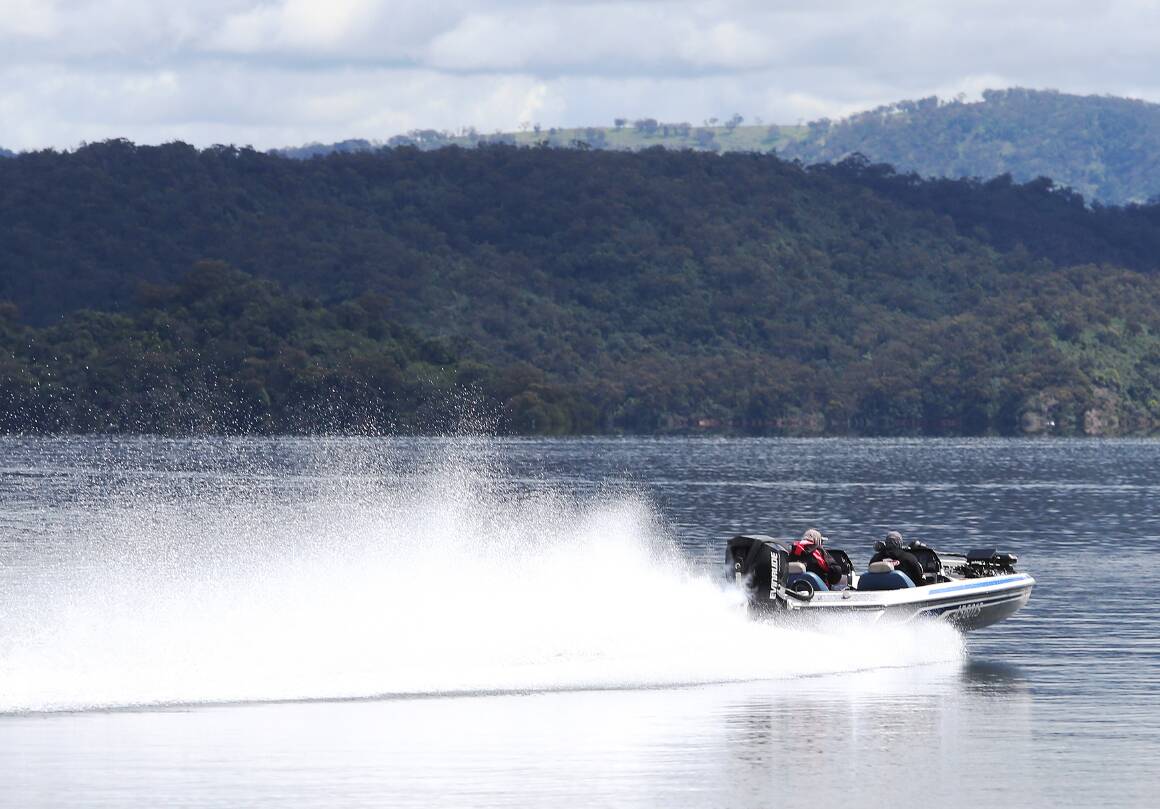
A big part of competition day is speed. The pair will hit the water in Mr Ford's "bass boat", which he said reaches speeds of 110km/h across the water. Purchased second-hand for more than $70,000, and with about $10,0000 worth of additions like an electric motor and fish-finder that can pinpoint bass up to 80ft away, he said a new one would be worth about $140,000.
The pair have dozens of fishing spots spread across the lake's 26 square kilometre surface. Mr McNamara said "every second counts" when bass fishing.
"I used to have a 4.3 metre boat with a 30 horse motor on it and fish these tournaments. For me to get up the back was 22 minutes in that boat. We do it in about 8 minutes now," Mr McNamara said. "If the fish were all up the back and that's where I needed to go, guys in these boats are getting ten minutes more than me.
"Some places, if you're the first boat there the fish will bite. The second boat, they will bite. But as more boats come in with all the boat noise there will shut down.
"I'd also have to leave 10 minutes before everyone else and tournaments have been won in that last two or three minutes.
"People wait and wait until they are the last boat there, hit that winning fish then whizz back."
If the pair get to a fishing spot and nothing is biting, they will move on within ten minutes during a competition. However, Mr McNamara said, it is also about knowing how the fish will behave at different times of day as the weather changes.
"We have all these different spots we could go and little patches of fish in different areas. Pull up, set ourselves up. If we don't get a bite, we pack up and leave," he said. "We go back to those spots later in the day and they might bite in the afternoon.
"For whatever reason, the fish might be sitting deep and not feeding. Then when the light conditions get right it triggers them."
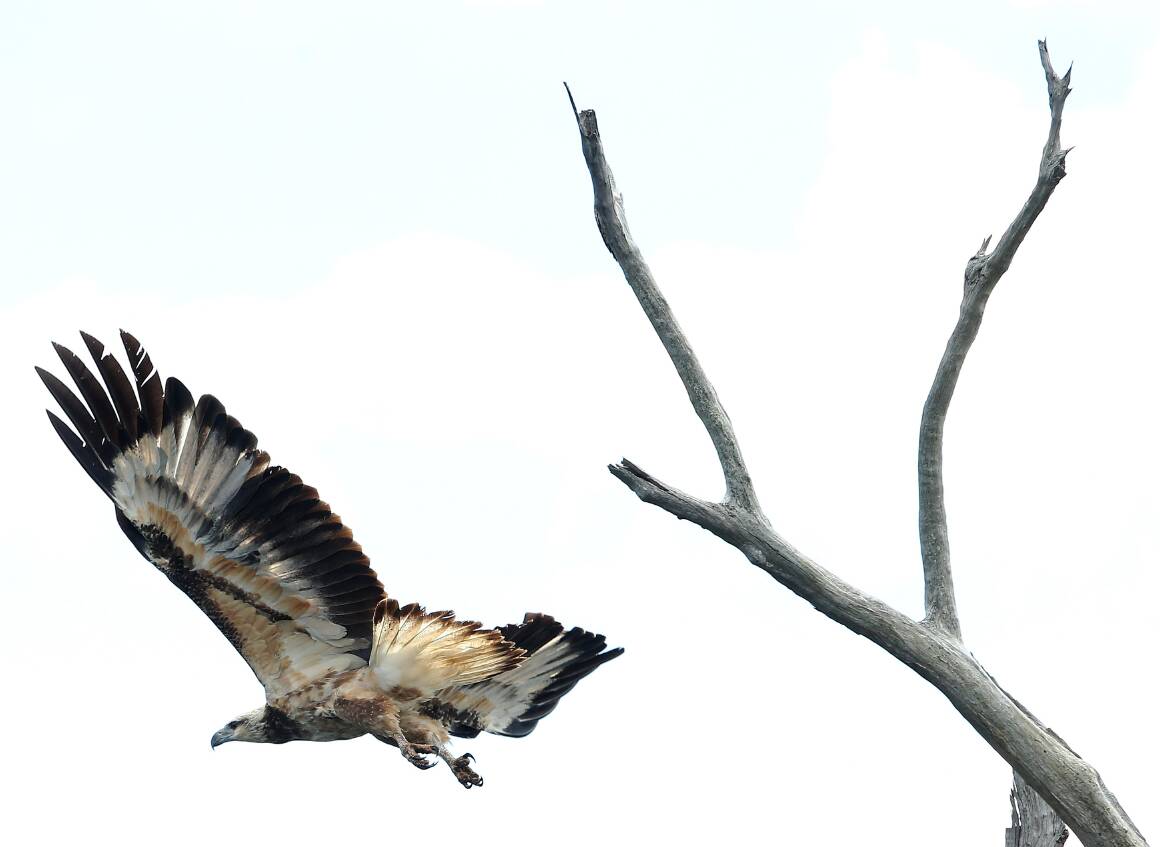
Consistent rain over the last couple of years has Glenbawn dam sitting at about 103 per cent. Mr McNamara said he prefers it this way.
"Overall the dam is fishing better than when it was when there was 20ft less water," he said. "The fish are in a lot better condition because of all the bait fish that has exploded through the system. The smelt and the gudgeons and maybe even shrimp."
Born and bred in Muswellbrook, Mr McNamara would head to the coast as kid to fish with his parents.
"I've always loved fishing but it was only ever holidays with mum and dad over at Forster," he said. "But then after my wife and I split in the late 90s a few guys and from work started coming up here and fishing off the bank.
"Dad had the tinny sitting in the shed that never got used so I started bringing that out more just bait fishing. Then bought an electric motor and went form there."
For both men, competing in fishing tournaments around the country is a lot to do with the comradery now.
"We all camp with each other, sit around the fire and it's a lot about friendship," Mr Ford said. "Some of my best friends now I've met through fishing tournaments."
In other news
- Bankruptcy for ex-con linked to $5m Harvest Homes collapse
- Family faces 'soul-shattering' rebuild after Kurri Kurri restaurant fire damaged their home
- West Best Bloc Fest hits the right notes
- Forget that family trip, potential sixth RBA rate rise is smashing holiday dreams
WHAT DO YOU THINK? We've made it a whole lot easier for you to have your say. Our new comment platform requires only one log-in to access articles and to join the discussion on the Newcastle Herald website. Find out how to register so you can enjoy civil, friendly and engaging discussions. Sign up for a subscription here.







